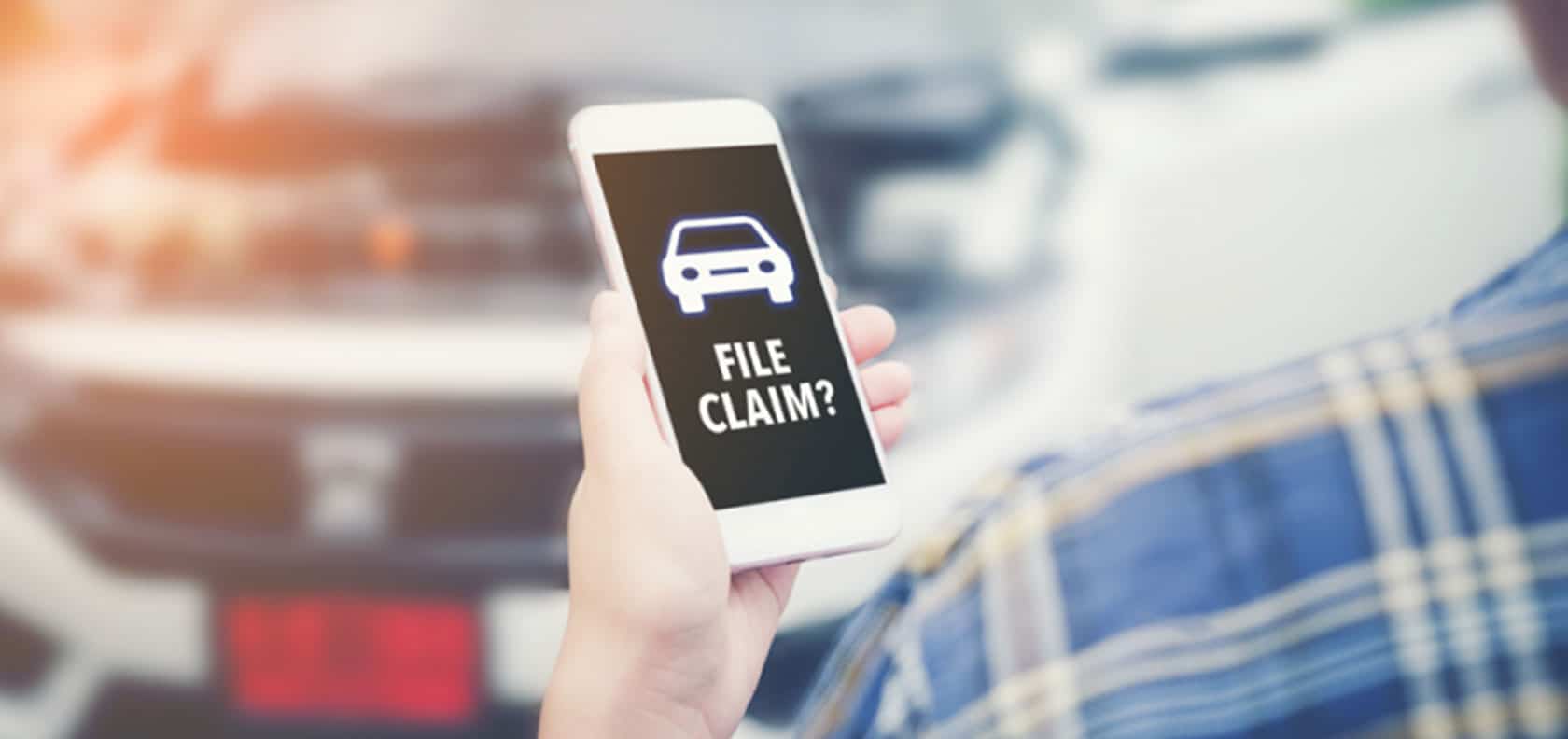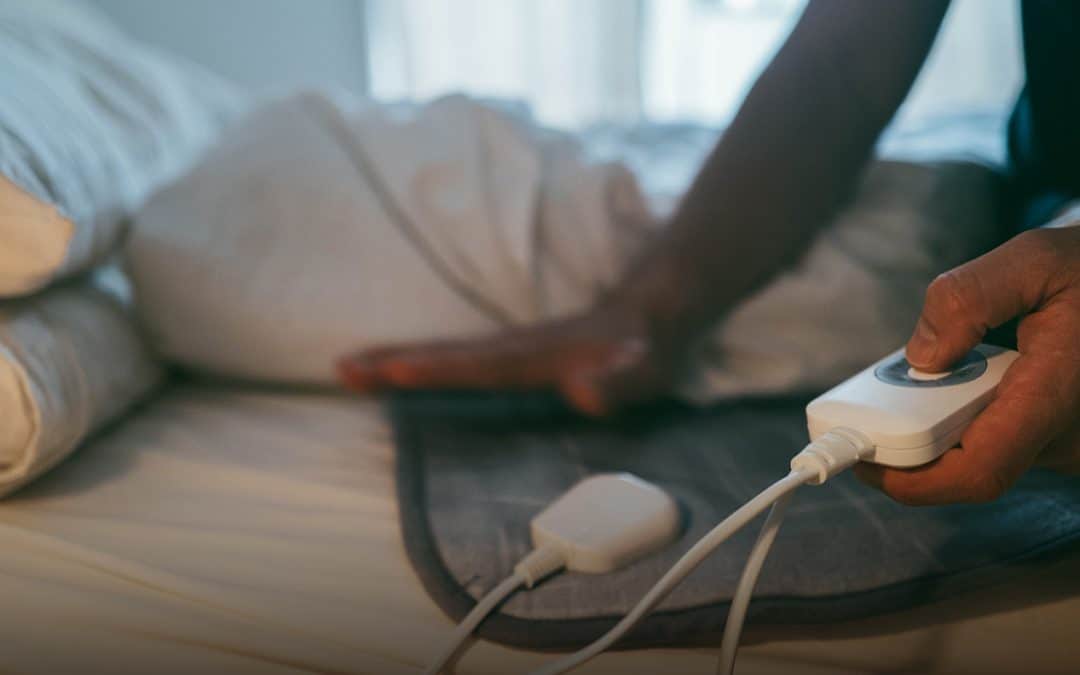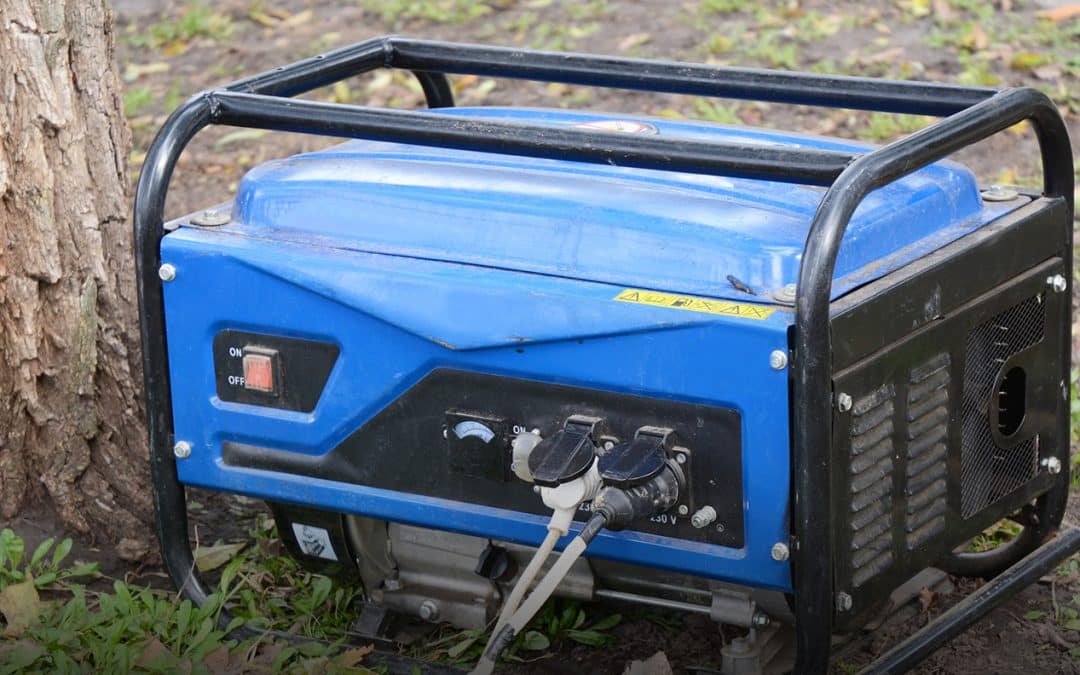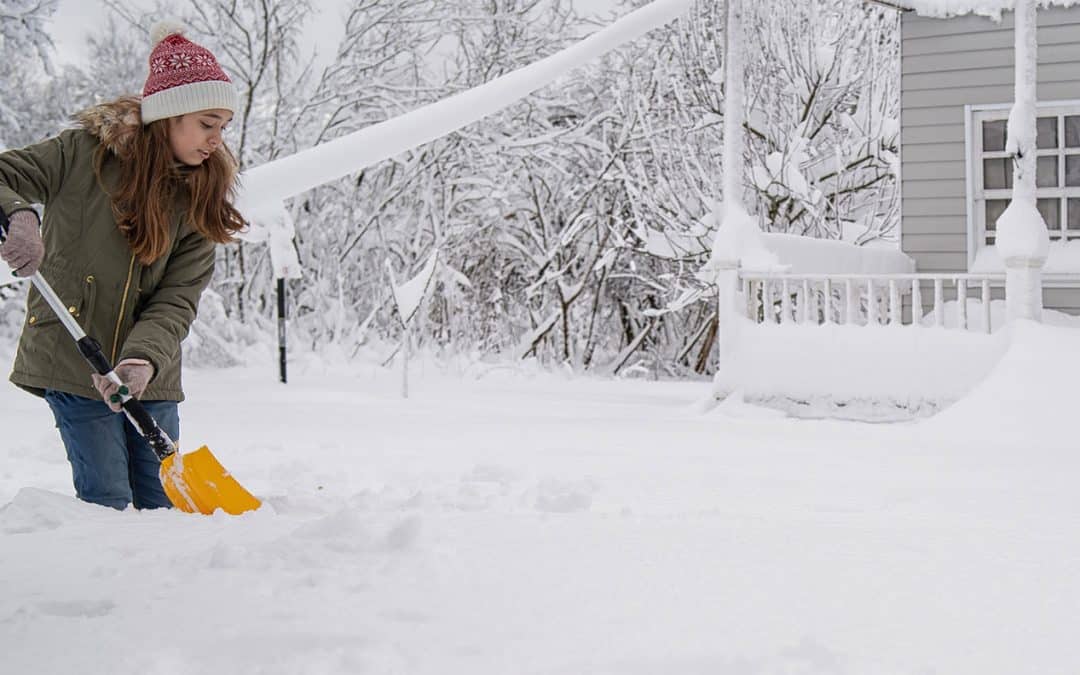Scenarios when a claim must be filed:
- If you are involved in an auto accident and anyone is injured, you need to file a claim. This is especially important if you may be found at-fault in the accident. Not filing a claim can leave you open to litigation, since injuries may result in medical expenses.
- Accidents where it isn’t clear who is at fault. A claim should be submitted for auto accidents that result in either injuries and/or property damage as a result of a crash with another party. This allows your insurer to properly represent you. Vehicle damages that may appear minor can actually be deceivingly expensive. Also, sometimes injuries manifest 24 to 48 hours after a crash.
- Weather-related damage and vandalism. Significant vehicle damage caused by a storm (downed limbs, flooding, etc.) necessitates a claim. As does vehicle vandalism caused by an anonymous vandal.
Claims should be submitted as quickly as possible. Thanks to mobile devices, many people can now file claims directly at the scene of an accident. Steps to consider when filing a claim:
- Call the police (always) and emergency services (if necessary).
- Assess the damage.
- Exchange contact and insurance information with the other party(ies).
- Use the camera on your mobile device to document the damage by taking a range of photos from all four sides of a vehicle.
- Call your Insurance Company.
Scenarios where filing a claim may not be necessary:
- One-vehicle accidents. If your vehicle is the only one involved in an accident, and you didn’t incur any significant injuries, it may be more cost-effective for you to pay out-of-pocket for the damages.
- Damages to the vehicle are close to or not much above your deductible. Similar to the first scenario, it can be more financially beneficial to pay for damages versus filing a claim.
- Insignificant damage to your vehicle or to someone’s property. If you scratch a bumper or hit a mailbox, it is probably best to pay for the damages directly instead of filing a claim.
Finally, don’t hesitate to call your insurance agent with questions about claims or anything related to your policy. Your agent has the expertise and the understanding of your policy to provide appropriate guidance.



